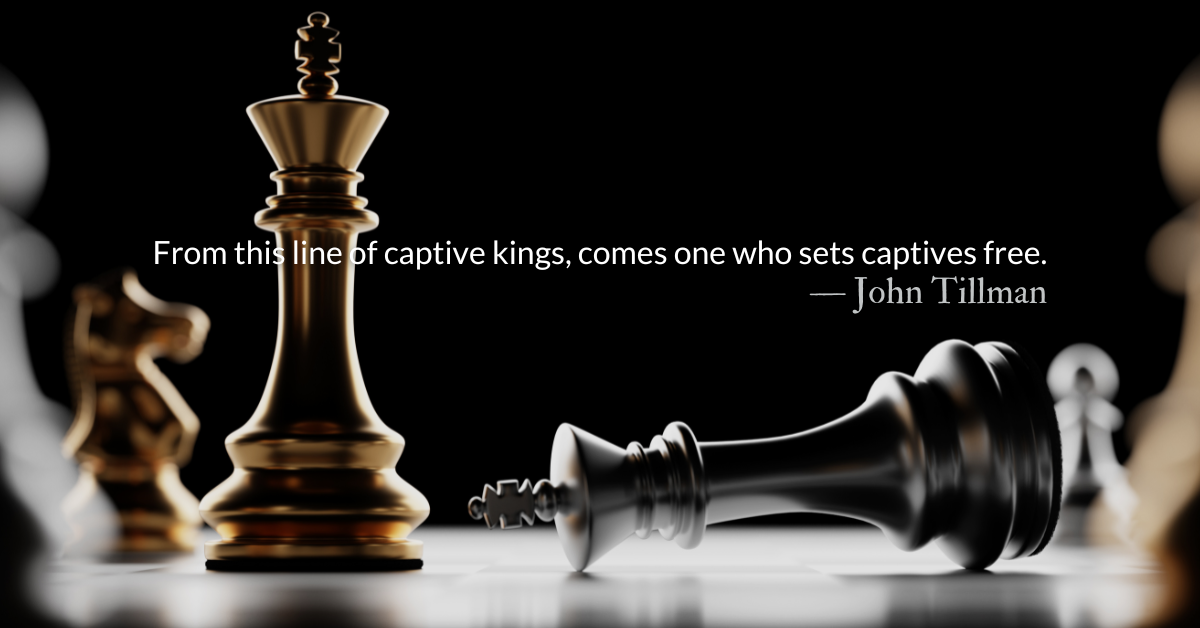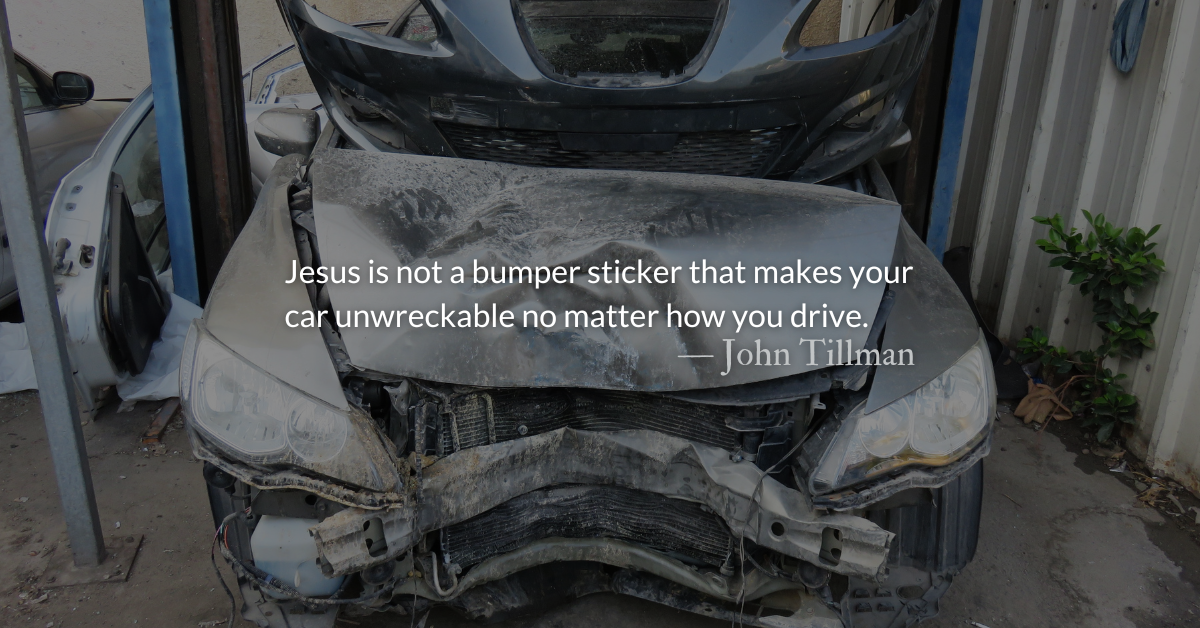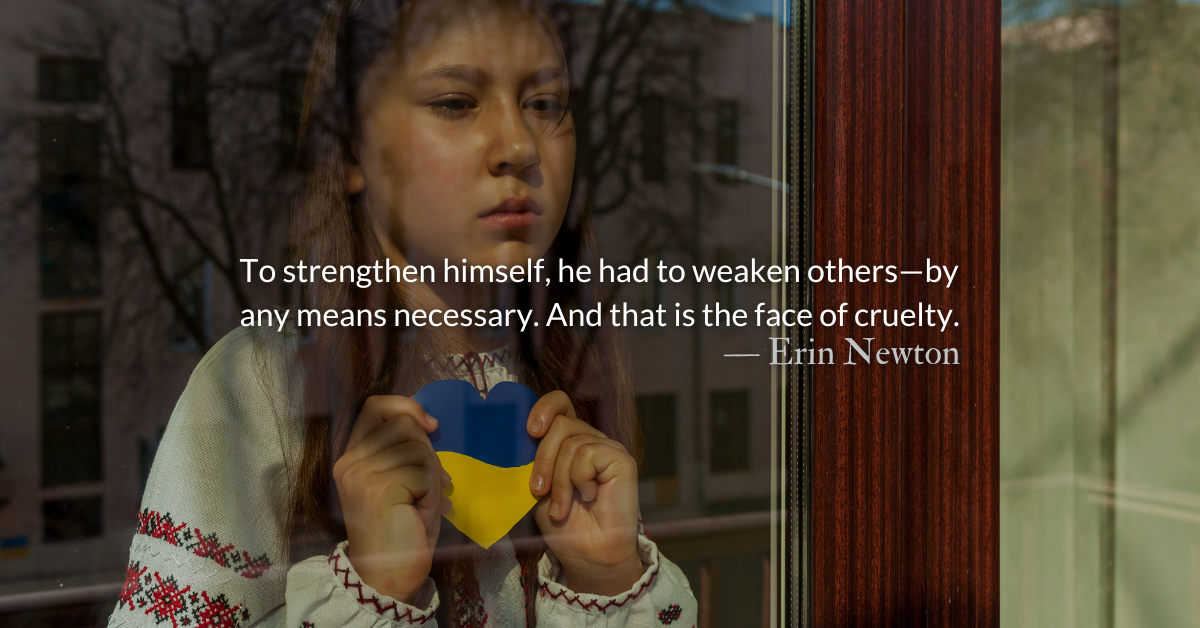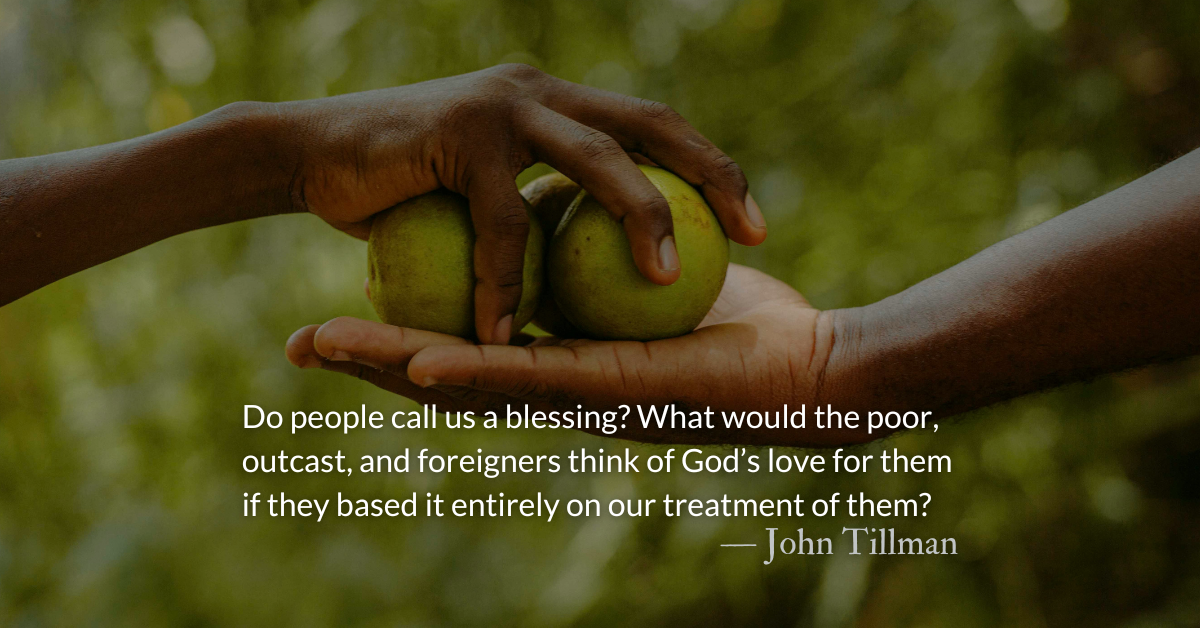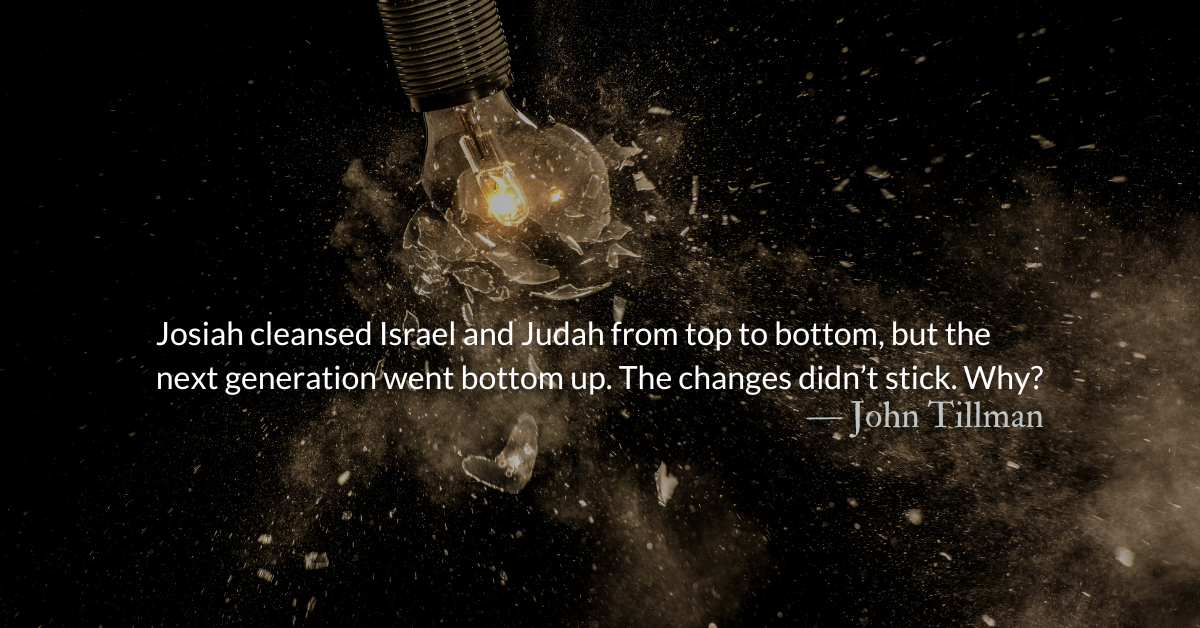Links for today’s readings:
Nov 14 Read: 1 Chronicles 3-4 Listen: (8:52) Read: Psalms 80 Listen: (1:58)
Links for this weekend’s readings:
Nov 15 Read: 1 Chronicles 5-6 Listen:(12:23) Read: Psalms 81-82 Listen: (2:36)
Nov 16 Read: 1 Chronicles 7-8 Listen: (9:04)Read: Psalms 83-84 Listen: (3:20)
Scripture Focus: 1 Chronicles 3.17a
17 The descendants of Jehoiachin the captive…
Reflection: Captive Kings
By John Tillman
The Chronicler’s opening genealogy calls Jehoiachin “the captive.”
This appellation could apply to most of Judah’s last, wicked kings. After the reformer, Josiah, the final kings were a chaotic string of failures who ended up in captivity to different empires.
Josiah’s son, Jehoahaz, took three months to undo decades of faithfulness following his father’s revival. Pharoah took him to Egypt in chains, and he died there. (2 Kings 23.31-33; 2 Chronicles 36.1-4)
Jehoiakim reigned longer, eleven years, but did no better. Nebuchadnezzar took him to Babylon in chains, and he died there. (2 Kings 23.36-37; 24.1-2; 2 Chronicles 36.5-7)
Jehoiachin, like Jehoahaz, reigned only three months before being brought as a captive to Babylon. (2 Kings 24.8; 2 Chronicles 36.9)
Zedekiah, Jehoiachin’s uncle, was the final king of Judah, reigning eleven years before being captured, having his sons killed in front of him, and then being blinded. (2 Kings 25.1-7; 2 Chronicles 36.11-13)
The Chronicler zeroes in on Jehoiachin in his simplified genealogy. Jehoiachin’s fate and future were different from the other captive kings.
Rabbinical tradition assumes Jehoiachin repented in captivity. After decades in prison, a Babylonian king released the captive, seated him at his table, and provided him financial support. (2 Kings 25.27-30) Jeremiah cursed Jehoiachin to be childless, (Jeremiah 22.24) yet God lifted this curse. (Haggai 2.20-25) Not only did he have children, it was through this captive king that Matthew traced the genealogy of Jesus. (Matthew 1.1-17)
These kings were captive to sin long before they became captive to empires. They became captives because they sought freedom apart from godly repentance and righteousness. They rebelled to throw off the punishment God placed them under.
Sin brings inward spiritual captivity, (John 8.34; Romans 6.5-7) but consequences of sin often lead to outward forms of captivity, whether personal or legal. The same is true for us today. The same is true for our leaders, whether familial, religious, cultural, or political.
But there is good news for us captives. (Luke 4.17-21) From this line of captive kings, comes one who sets captives free. From this line of crooked judges, comes one righteous ruler. From this line of cursed national rebels, comes the servant who blesses all nations. From this lost line of craven sinners doomed to death, comes one who conquers sin, disarms death, and restores the lost.
Cursed, captive kings can break their curse, be restored, and bless the world. We, and our communities, need that same curse lifted and we are commanded to let that same blessing flow.
The gospel frees us to free others and blesses us to bless others. Let freedom and blessing ring.
Divine Hours Prayer: The Greeting
Save us, O Lord our God, and gather us from among the nations, that we may give thanks to your holy Name and glory in your praise. — Psalm 106.47
– From The Divine Hours: Prayers for Autumn and Wintertime by Phyllis Tickle.
Read more: Restoration Begins
Through Jehoiachin, the king raised from prison to the side of Babylon’s king, comes Jesus, the king who was raised from death to the side of Heaven’s king.
Read more: Anger, Exile, and Mercy
Even in exile, we do not need to despair but to repent, be restored, and be a blessing where God sends us.


